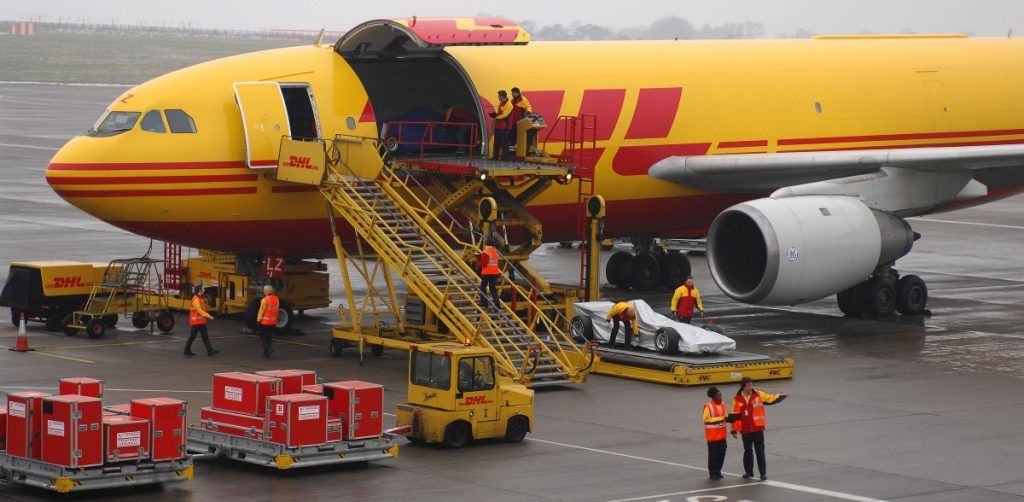Mexico imposes trade barriers to importers in the express delivery market, stated the United States Trade Representation (USTR).
On June 30, 2020, Mexico increased its «global rate» rate, which is the combined tariff, tax, and rate that Mexico applies to merchandise entering the country through a less formal clearance process that is provided for express delivery by unregistered importers, often for express shipments sent directly to consumers.
According to the USTR, this increase was made without significant notification or opportunity for public comment.
In particular, interested parties in the United States have indicated that the increase in the rate of shipments valued between 51 and 117 dollars is onerous, given the exemption of the Agreement between Mexico, United States and Canada (USMCA) of tariffs on the imports valued in that range.
The USTR also stated that customs procedures for express delivery are onerous.
«Consolidation of express delivery of more than $300 is restricted and Mexico continues to limit the number of shipments that can be delivered to a single recipient per month,» said the USTR in its report Barriers to Foreign Trade 2021.
Express delivery
Express delivery providers must also re-register to operate in Mexico every year, even if their operations have not changed.
Additionally, American businesses are frustrated that the Tax Administration Service (SAT) has not instituted a recurring payment option for express delivery shipments.
Mexico agreed to increase the general shipping value, called de minimis, of merchandise that can be imported by parcel or electronic commerce from $ 50 to $ 100.
The government of President Donald Trump had requested that this threshold be $ 800 for Mexico and Canada, a level that is applied in the United States.
Currently, the Mexican Postal Service (Sepomex) has a higher de minimis level ($ 300) than that applied to express transport companies ($ 50), as well as a much simpler and expedited dispatch process. In Canada, the franchise is C $ 20.
![]()

